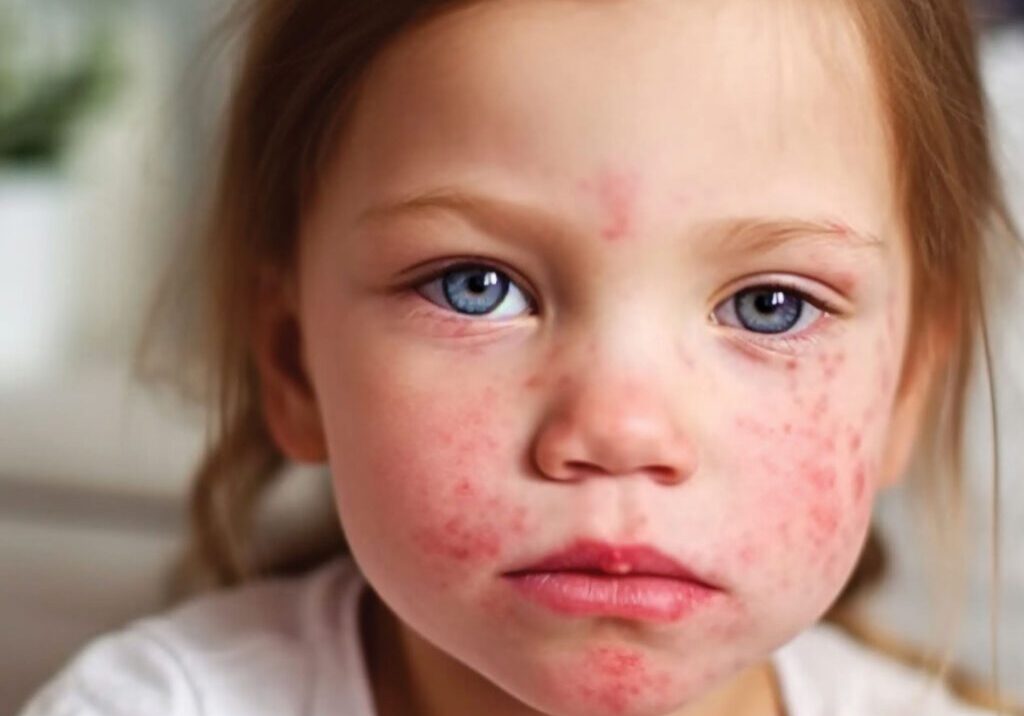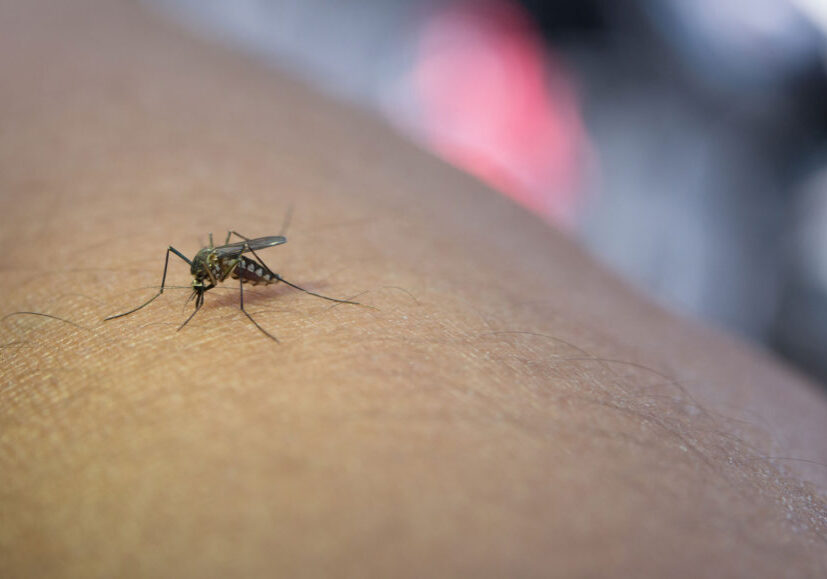Between screaming toddlers, squabbling siblings and saucy teens, keeping your cool can be tricky unless you have a few anger management parenting hacks up your sleeve.
Anger Management for Parents
Recognize anger rising
“Everybody has their own unique physiological stress signs,” says Michele Borba, Ed.D., author of Unselfie: Why Empathetic Kids Succeed in Our All-About-Me World. Perhaps you clench your teeth and narrow your eyes. Maybe your arms stiffen at your sides and your fingers curl into fists.
Not sure what your sign is? Ask your child. “They’ll always tell you. ‘Right before you get mad, Mom, you do that weird thing with your eyes,'” Michele says. Our youngsters have their own signs too. Maybe your daughter starts yanking at her hair or your son furrows his brow. “It’s almost always the sign they’re going to use the rest of their life.”
Once you’ve identified each other’s anger signs, come up with a nonverbal time-out signal to use the moment you feel anger rising. The signal gives you each permission to walk away and calm down before resuming the conversation.
Empathize
Avoid taking your child’s bad mood personally. Your child may have had a rough day at school. Maybe they did poorly on a test, got their feelings hurt at recess or perhaps they’re simply tired and hungry after a busy day. Give your kids time to decompress before peppering them with questions or demands. “If we can look at the world through their eyes and really feel compassion and empathy for them, it’s just going to shift everything in terms of how we approach different kinds of situations,” says child psychologist Dr. Vanessa LaPointe, author of Discipline Without Damage: How to Get Your Kids to Behave Without Messing Them Up.
Know your triggers
Family tensions generally run highest between 4 and 6 p.m. Often, we’re rushing to feed hungry, irritated kids, distracted by work issues, helping with homework, and running to get everyone off to extracurricular activities. In a notebook or on your calendar, jot down times and circumstances when you’re most likely to lose your cool. Once you identify a pattern, plan for how you’ll address the stress and better regulate yourself in the future.
Press pause and breathe
Taking deep breaths is such a powerful way to self-soothe that even the Navy Seals use the technique, Michele explains. “The moment the stress starts to come on take a deep slow breath, inhale, hold it, and exhale it twice as long as you inhale. Do it a few times,” she instructs. “Exhaling twice as long as you inhale is the fastest way to get the relaxation response, and it instantly soothes you.”
Role model self-care
Adequate sleep, a nutritious diet and regular exercise will help you better manage stressful situations. “The reality is that as a mother, father or any kind of caregiver trying to grow up human beings, you are no good to them if you are lying on the ground gasping for air,” Vanessa says.
Teach stress management
Invite your kids to join you in activities that help you manage stress to show them how to cool off when they’re upset, angry or sad. For instance, “I’m going to do some yoga. That always helps me feel better. Want to try it?” or “I had a hard day and need to get some fresh air. Do you want to go for a walk with me?”
Also, show your kids how you calm yourself amid frustrating situations that you can’t immediately exit from. For example, if you’re stuck in traffic, turn on soft music, tell each other jokes or riddles, or play a game like “would you rather.” Not only are you maintaining calm in the car, but you’re also connecting with your family in a positive way despite external annoyances. “Our kids watch us, and they learn how to handle life by mirroring what we do,” Borba explains. “Unless your child learns how to self-regulate, his empathy goes down. His stress builds and then he’s in survival mode and can’t feel for another person.”
When you lose your cool
You lose it with your eight-year-old when you discover that he stuck chewing gum to his bedroom carpet for the third time. You blow up at a driver who cuts you off in traffic in front of your kids. You and your spouse get into a heated debate at dinner. What now?
“Even if you didn’t create the situation that led to the upset, to the meltdown, or the breakdown in the relationship, it’s always the parent’s job to fix it,” Vanessa says and offers this recipe for repair:
- Name what happened. “I got angry and yelled.”
- Apologize. “We are okay.”
- Talk about a future point of connection to close the loop. “I’m looking forward to going fishing with you this weekend.”
“If you don’t close the communication circle, and you haven’t landed fully on the apology—the ‘we are okay’ part—and moving on with other things in life, kids will come up with their own catastrophic end,” Vanessa says. For example, a child might think, “Mom doesn’t love me anymore.” By acknowledging the situation and doing the necessary repair work, our kids learn how to manage inevitable conflict in their own relationships.
In the case of the driving incident, apologize afterward and explain your reaction to your kids, “Wow, I’m sorry I yelled! That guy really scared me. I thought we were going to get hit!” Chances are they’ll do that back to you, “I’m sorry I yelled at you, Mom. I got a bad grade on my science test, and that’s why I blew up.”
Need help? Unmanaged anger can seriously affect your health and relationships. Talk to your doctor if you need help. If you don’t get help, Michele warns, your kids may begin to believe that they’re somehow responsible for your anger, which can negatively affect their health, their level of empathy and their overall resilience.
“There are no take-backs when it comes to parenting,” Michele says. “Kids can’t interpret your anger, and so they hold it in, and it can become deadly to your relationship and their self-esteem.”
Posted in: Health & Nutrition, Parenting
Comment Policy: All viewpoints are welcome, but comments should remain relevant. Personal attacks, profanity, and aggressive behavior are not allowed. No spam, advertising, or promoting of products/services. Please, only use your real name and limit the amount of links submitted in your comment.
You Might Also Like...

Self-Care for Parents
Do It for Yourself, Do It for Your Kids Have you heard the coronavirus pandemic of 2020 likened to a war? In traditional ground-fought wars, the command post behind the […]

Making the North State a Better Place for Children
Making the North State a Better Place for Children The first years of life play a crucial role in learning and development. Parents, grandparents, siblings and friends all contribute to […]

Lying or Pretending? Teaching Kids to Tell the Truth
Somewhere around the age of three, when children begin to understand parents may not know what they actually did or didn’t do, your precious little angel may begin to tell […]

How Parents of Kids with Food Allergies Can Support Nonallergic Siblings
I NEED pizza!” my 6-year-old screams from our minivan’s back seat. I inhale slowly to avoid yelling back. A few hours earlier I was crouched over my 4-year-old, giving her […]




